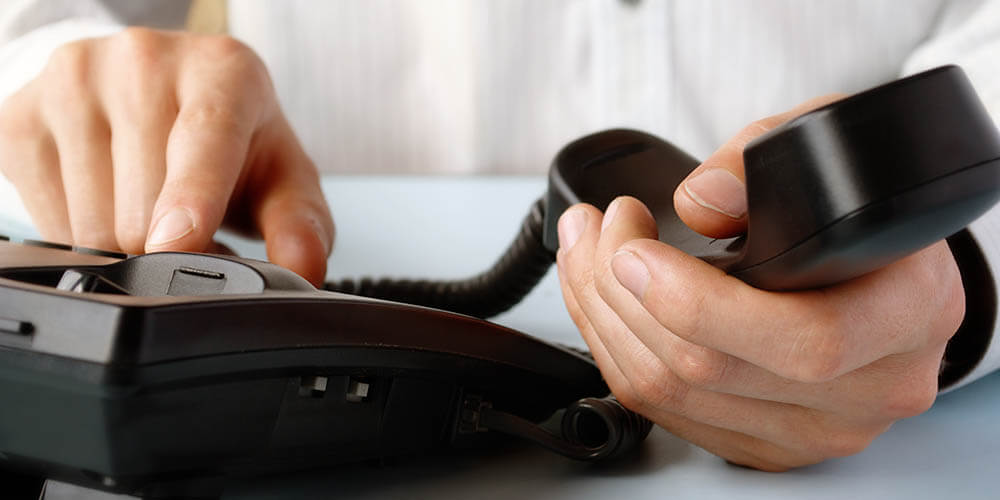Are you planning to proceed with a remote deposition? When you prepare to take advantage of remote technology, you’ll find that you have two primary options available: teleconferences or videoconferences. But which is the correct choice for your case?
As a leading provider of both telephonic and remote videoconference depositions, we’re here to help you choose between them!
How it Works
As your deposition partner, we make it easy to schedule both telephonic and remote videoconference depositions. Our dedicated schedulers can take on the hassle of coordinating the date and time, and our technical team will work with all parties to ensure they can connect. Then, you’ll receive a link to either a secure dial-in or a videoconference meeting ID.
Selecting the Best Method for Your Case
To help you determine the best deposition method for your case, we suggest asking yourself three questions:
- Do you need to see the witness?
- Would facial expressions and body language be valuable additions to the deposition record?
- Will you have an interpreter or translator at your deposition
If you plan to have an interpreter or translator at your deposition, you will likely want to schedule a videoconference. When participants can see the interpreter and other parties, it can help reduce accidental crosstalk.
Generally, we recommend videoconferences because they can have a subtle impact on the deposition proceedings. When deponents are aware that they are being observed, it can confer an extra sense of importance on the remote proceedings. You may also see physical reactions or expressions that give you a clue about a line of questioning to pursue. Through videoconferences, all parties may feel more connected and present in the moment.
On the other hand, if you’re not concerned about seeing the deponents face, a telephonic deposition might be more efficient. For cut-and-dry cases, we make it easy to connect all parties with one secure dial-in line. Teleconferences also reduce your risk of technical difficulties on the day of the deposition, which could otherwise delay the proceedings.
Final Thoughts
Thanks for reading! If you enjoyed this article, let us know in the comments and feel free to share it on social media. As more and more attorneys and law offices are moving to remote work from their home offices, we are doing everything in our power to empower our clients and court reporters with one-on-one training on remote depositions and telephonic solutions. We’re here for you from File Thru Trial™.






